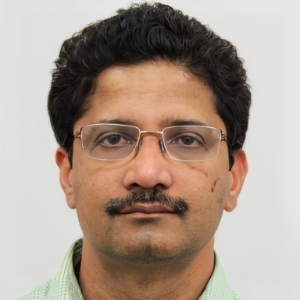Title : Retroperitoneal compartment syndromes with lower limb nerve palsy
Abstract:
With increasing use of anti-platelet & anticoagulant medications, retroperitoneal bleeding into Psoas & Iliacus musculo-fascial compartments is expected to rise. There is paucity of literature in this field, limited to case reports & a few case series; these often focus on one or 2 select issues of interest only. Many important issues are not understood – for instance, the whole lumbar plexus is located inside Psoas major muscle and any bleed into these tight Musculo-fascial compartment syndrome results in compartment syndrome, with high likelihood of nerve palsy and need urgent decompression with open fasciotomy wherever possible. Serious risks to the nerve plexus of insertion & removal of percutaneous drains is not recognised. Imprecise terminology like “ilio-psoas” and “lumbo-sacral” “radiculo-neuro-plexopathy” clouds the scene further, making documentation & communication difficult. When this happens in a stroke patient with pre-existing neurological deficit, recognition, diagnosis & management becomes even more difficult. The present work involves literature review with focus on identification, prevention & management of the neurological deficits – medical, surgical & rehab aspects. Results from this review show that there are only 2 reports identifying this condition as a nerve saving emergency (compartment syndrome). There is only one report on this happening against the backdrop of a stroke – a case of cerebral venous thrombosis; no other reports associated with more common varities of ischaemic & haemorrhagic strokes. There is very little coverage of the rehabilitation aspects; only one report of salvage surgery. Our experience with stroke and non-stroke cases will be presented and our views on acute & rehab management is shared.




